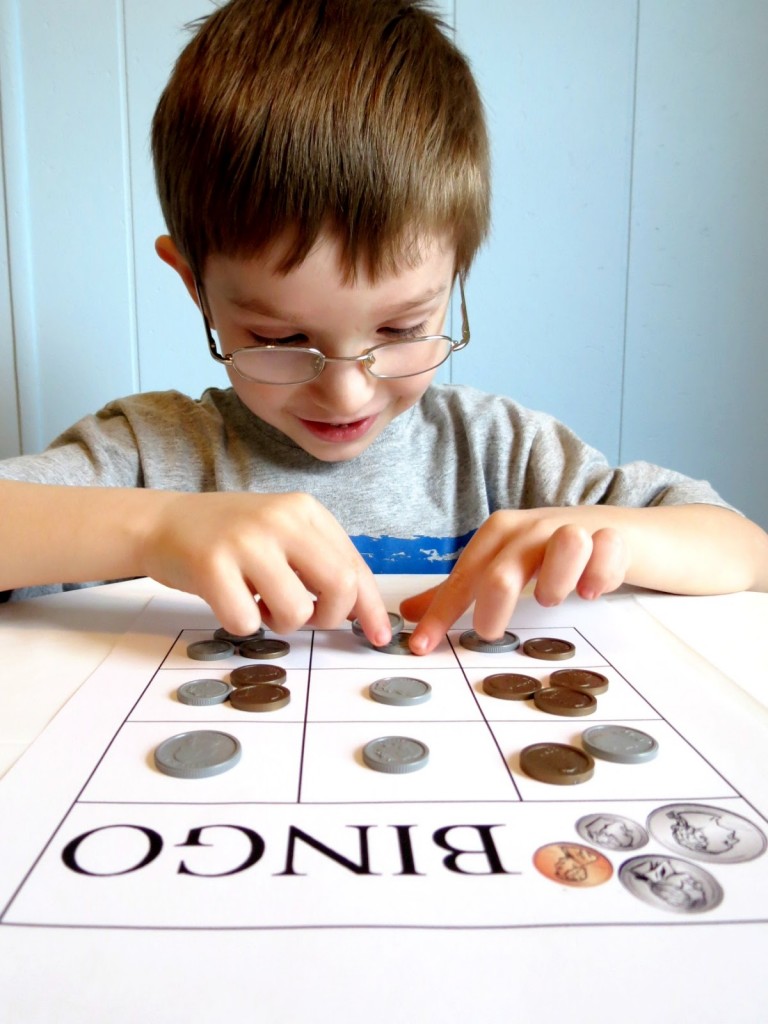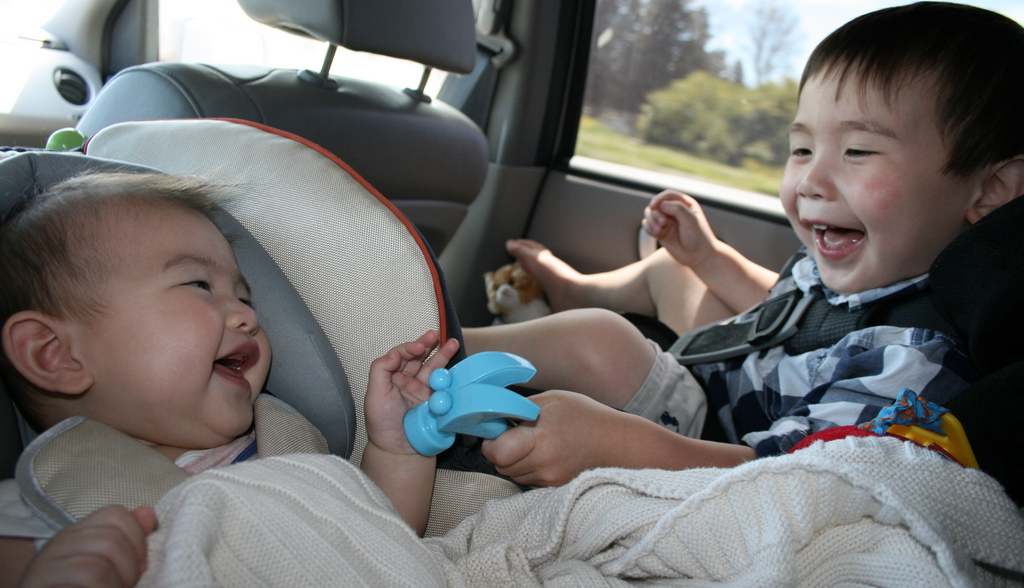Taking Speech Therapy on the Road- 3 Language Activities while Traveling
With spring break in full swing, parents and children are taking to their cars and minivans for fun-filled family road trips. After you gas up the car, fill the tires, check the transmission and your camping trailer, consider how you can incorporate language learning into the trip. If you have a youngster you probably know that keeping them occupied in the car can be a challenge, but if you have language learning in mind you can come up with some fun and engaging activities. Speech-therapy techniques often rely on creativity, and the car is no different. Though it might not seem as though you have a lot of materials, and while you might have some handy mobile devices or DVD players, here are some suggestioned speech and language activities for a road trip that the whole family can enjoy.
I Spy
This classic childhood game can be great for turn-taking, articulation, phonics and engaging in language games.
How to play the traditional way: children, siblings and parents should take turns thinking of an object in or outside of the car. Remember not to say the name of the object out loud. Instead, players must give descriptive clues about the object. This game is primarily meant to highlight language concepts (think adjectives, or compare/contrast concepts). Be mindful of the langauge level and targets you are working on. Some children may benefit from concrete clues like color (e.g. “I see something blue”) or size (e.g., “I see something bigger than a dog”) while others may be able to describe based on function or more ambiguous clues (e.g., “I see something you might need when you are tired”.)
To play the game with a phonics or articulation twist: have the player giving the clues use the sounds or letters of the descriptive words. For example, a player could say, “I spy something that starts with the ffff sound” or the player could give a rhyming word like, “I spy something that rhymes with wish.” Rhyming is an important pre-reading skill and important for the preschool and kindergarten age groups. If the child playing has specific articulation targets, try to have them spy words that start with or end with that sound only.
Car Bingo
Car bingo is an easy game that families can create themselves or download from the internet. Bingo cards can contain any language concept you want, so the possibilities are endless.
How to play: players mark each space on their card as they see it occur during the drive. The first player to get five in a row, wins! Examples of language concepts to include on the cards could be just like those used in car bingo:
- Colors (of passing cars)
- Letters (on street signs or store signs)
- License plates (from different states)
- Types of cars (trucks, convertibles, construction vehicles)
- Numbers (exit signs, speed limit signs)
- A mix of all of the above for learning categories (things you drive, colors, city helpers like police or firetrucks etc)
During the game, make sure to encourage each player to shout out what they see so they can practice desribing the item and the category it belongs to.
Crazy Story
Create a silly story and involve the whole family with as simple deck of home-made cards. This is great for working on “wh” type questions or narrative skills.
How to play: before the trip, adults should create a small deck of cards with sequence words, story elements (characters and settings), and themes. Some words you could include are “first,” “then,” “suddenly,” “except,” “[a person’s name]” “after,” “[name a place]” “on the moon” “under the sea” etc. Pass the deck from person to person, clockwise, and take turns picking a card from the deck and using it to progress the story. Make it as silly as you want with creative words or fun places on your story deck cards!





